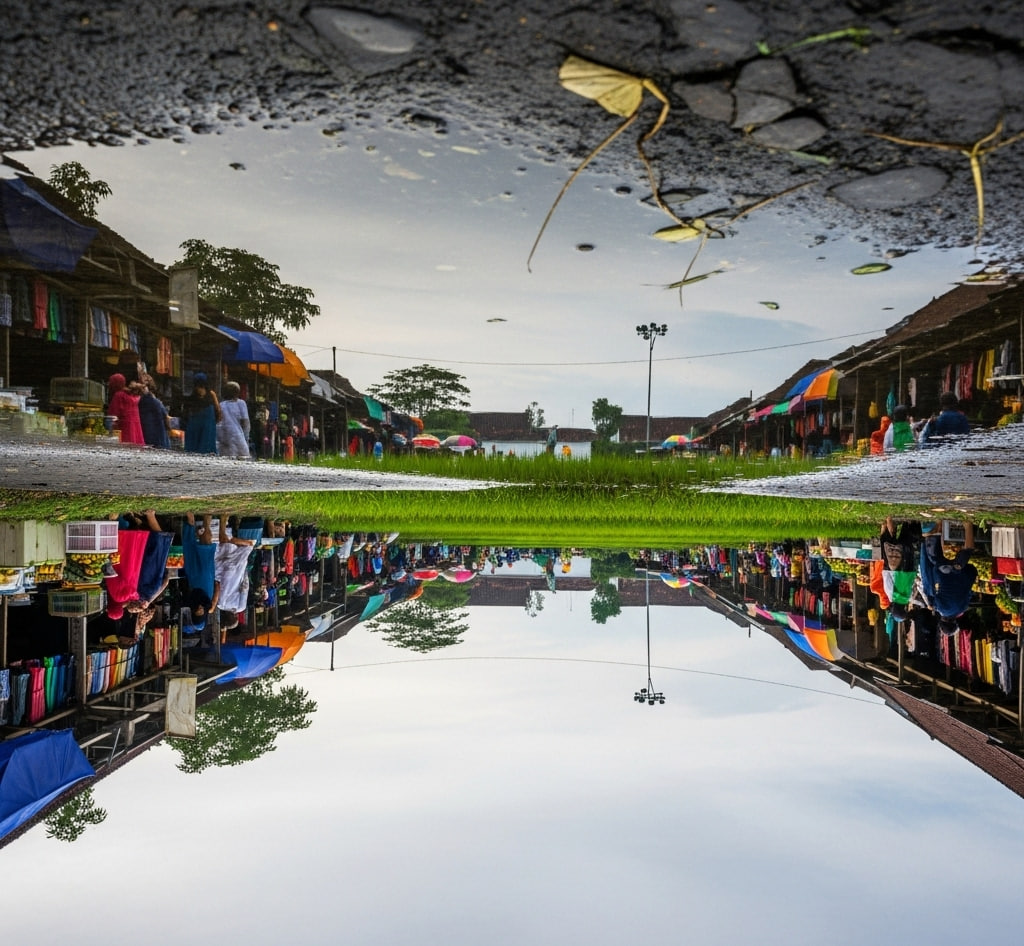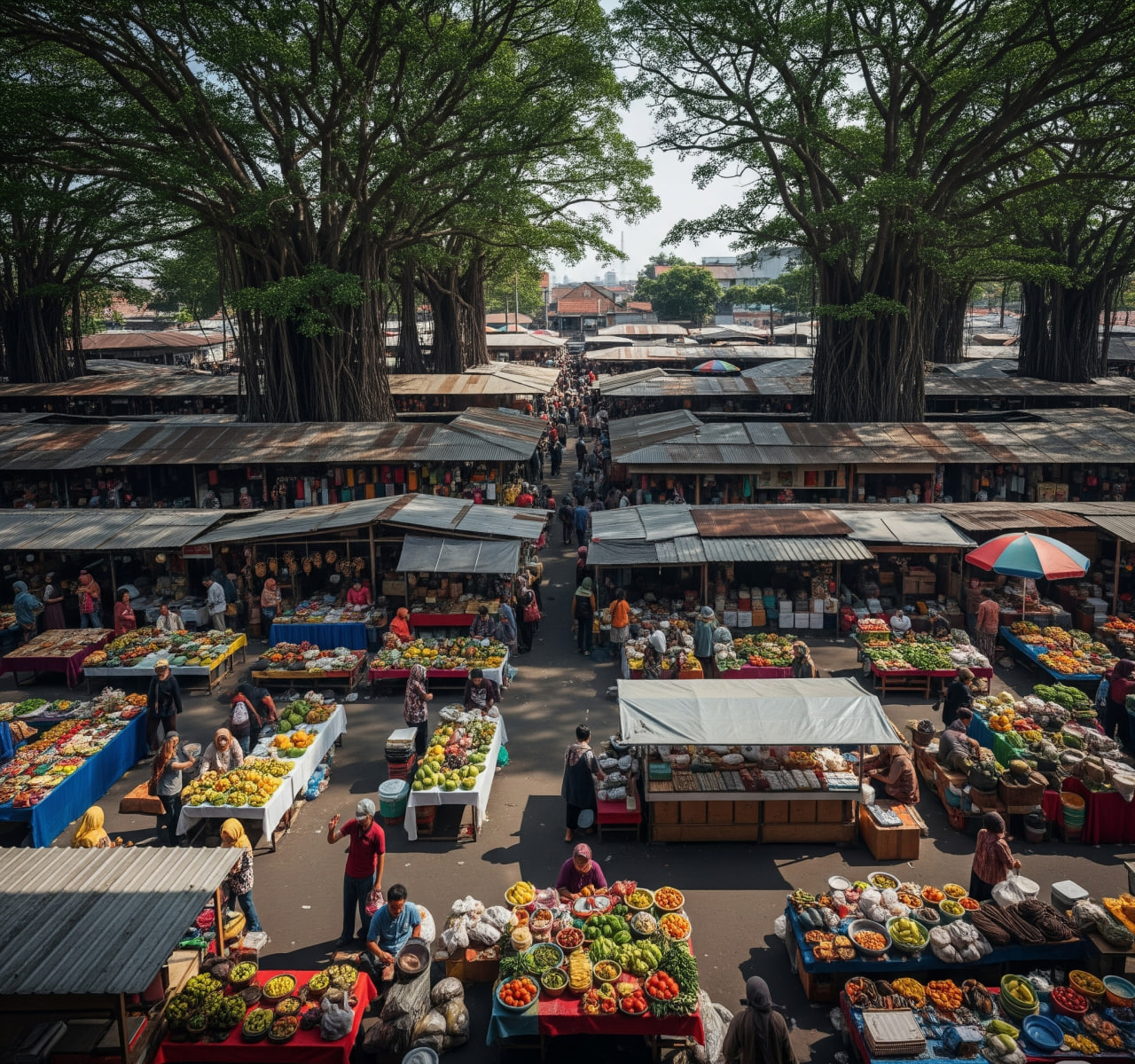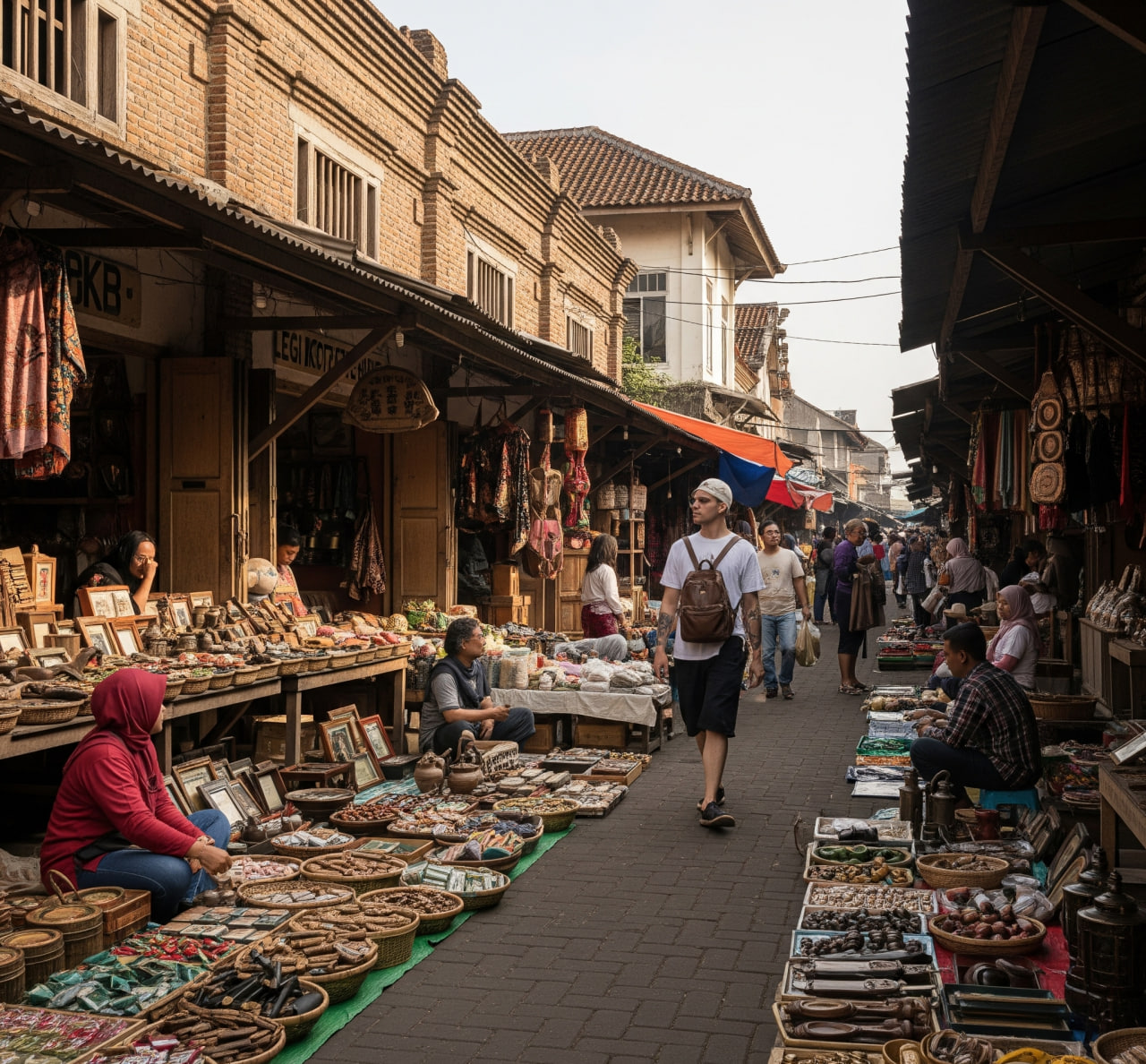News
Grebeg Syawal: Jogja’s Festive Celebration on Eid with Gunungan
Eid al-Fitr in Jogja feels different. After a full month of fasting during Ramadan, the city bursts into life with traditions that not only warm the heart but also amaze the eyes. One of the most anticipated events is Grebeg Syawal. Imagine waking up early on the 1st of Syawal to see the Keraton Yogyakarta become the center of attention. There’s a parade of royal guards, the sound of gamelan, and most exciting of all—the gunungan, a massive mound of food offerings that draws crowds eager to see it up close. This tradition has become an iconic part of Jogja’s cultural landscape, making Ramadan even more special.
Grebeg Syawal is an annual tradition held by the Keraton Yogyakarta to celebrate Eid al-Fitr. More than just a ceremony, it is the Sultan’s way of expressing gratitude for the blessings of Ramadan. The highlight of the event is the gunungan, a towering structure made from food and agricultural produce, including rice, vegetables, and traditional cakes. But gunungan isn’t just for show—it symbolizes the Sultan’s charitable offerings to his people. This tradition dates back to the 16th century, and its longevity proves how beautifully Javanese culture and Islamic values blend in harmony.
The procession itself is awe-inspiring. In the morning, after the Eid prayer, the Sultan and the royal family begin a ceremonial ritual inside the palace. Then, the gunungan—usually seven in total, each with names like Kakung, Estri, Gepak, and Pawuhan—are carried in a grand parade by royal soldiers dressed in traditional attire. The route takes them from Keraton Yogyakarta, slowly moving towards Pagelaran, and finally arriving at Masjid Gedhe Kauman. There, a collective prayer is held before the gunungan is distributed to the public. In the past, people would scramble to grab pieces of the offering—a practice known as "ngrayah"—believing it would bring blessings. Today, to maintain order, the palace attendants distribute the food more systematically. However, the spirit of sharing and celebration remains unchanged.
Grebeg Syawal is more than just about distributing food—it’s about togetherness, honoring Javanese heritage, and deep gratitude. Locals believe that participating in Grebeg Syawal is a way to "seek blessings" by bringing home a small part of the gunungan as a symbol of good fortune. More importantly, it’s a time for strengthening bonds, where people from all walks of life—children, elders, and families—gather at Alun-Alun Utara, sharing laughter and stories. It’s no wonder that tourists, both local and international, are drawn to witness this vibrant, colorful tradition.
Even in modern times, Grebeg Syawal remains close to the hearts of Jogja’s people. Although some adjustments have been made—such as a more organized distribution system—the core essence of the tradition remains intact. This celebration proves that Jogja can preserve its cultural roots while embracing modernity. So, when Eid al-Fitr comes around again, make sure to visit Keraton Yogyakarta. Watch as the gunungan is paraded, listen to the enchanting gamelan music, and experience the warm, festive spirit of Eid in Jogja. Who knows? You might return home with a new story to tell—or even a piece of blessing from the gunungan.



salamun
16 Apr 2025 08:25 WIB it's a such amazing tradition. It vibes togetherness and harmony in yogya society.